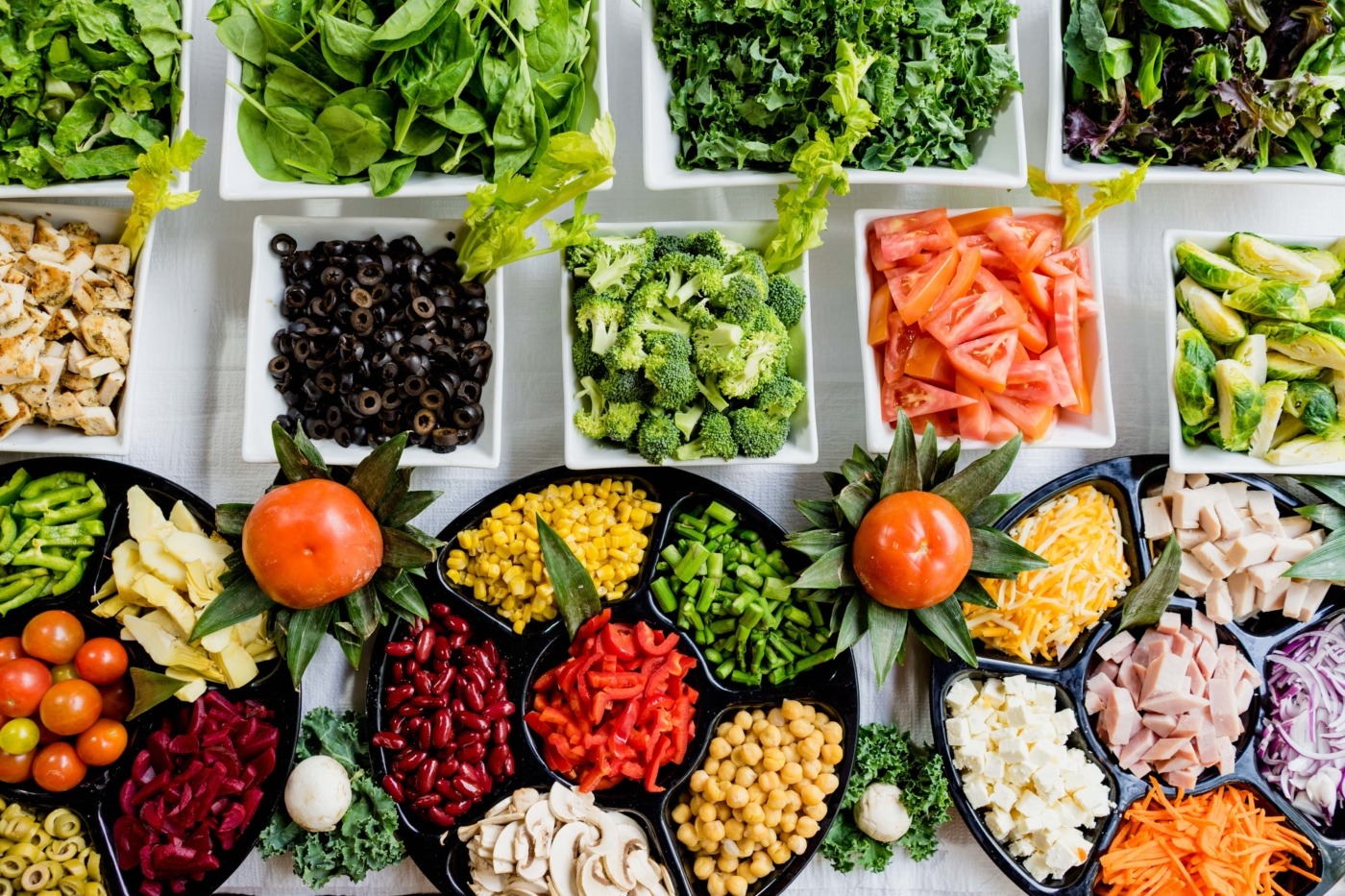Waste not, want not: the secrets to avoiding waste when cooking
Given that there are millions of people in the United Kingdom and across the globe who cannot afford to eat, it may come as a shock to learn that in this country alone, 1.9 million tonnes of food is wasted by the food industry every year. Although this figure refers to the industry at large, we as consumers have a responsibility to try and minimise the amount of food we throw away.
The road to reducing food waste begins before you even enter the supermarket. Spending just a few minutes a week creating a meal plan makes it much easier to avoid buying excess food. Plan out a week’s worth of meals and write down the ingredients you need to make them or make a note on your phone. This should ensure that when you visit the supermarket, you don’t end up buying food you won’t use.
When visiting the supermarket, it is easy to be drawn in by deals. Reduced-price food, as cheap as it often is, usually comes with a very short use-by date. If you’re certain that you will use these cheaper items, then they can be a great way to create meals and save money. If you aren’t, then they are a sure-fire way to end up throwing away yet more food. It’s best to avoid these items unless you have a real use for them.
Products at the very back usually have a longer use-by date, so by purchasing these, you can save yourself the trouble of throwing away half a loaf of mouldy bread by adding a few extra days of shelf life
On the supermarket shelves, the produce with the shortest use-by or best before dates is usually displayed at the front, within easy reach. If you often find yourself throwing away your bread because it’s gone mouldy or your milk because it’s turned lumpy, then reach to the back of the shelf the next time you go shopping. Products at the very back usually have a longer use-by date, so by purchasing these, you can save yourself the trouble of throwing away half a loaf of mouldy bread by adding a few extra days of shelf life.
When reducing food waste, your freezer is your best friend. Bread frozen before it goes out of date is perfectly usable when defrosted, particularly as toast. Whilst also being a great method for preserving food before it goes out of date, using the freezer is also helpful if you’re open to trying out batch cooking. Cooking large batches of food at once and saving it in the freezer not only helps prevent waste, but also saves you time by providing meals you simply need to defrost.
Hopefully, these top tips have shown you the secret to preventing food waste. However, there are a few steps you can take if you still end up with too much food. Trying to use your leftovers in new dishes can lead you to being more creative in the kitchen. If you have leftover chicken from a roast, try using it in a stir fry or a sandwich. Leftover veggies work wonderfully as a delicious and warming soup. If none of these ideas take your fancy, there are entire blogs dedicated to providing recipe ideas that make use of leftovers, such as LoveFoodHateWaste.
The last resort for disposing of food waste should always be putting it into the compost bin, not the general waste
The increased awareness of the severity of the food waste problem in the UK led co-founders Saasha Celestial-One and Tessa Clarke to create OLIO, a food sharing app. The app works by connecting you with your neighbours so that rather than throwing excess food away, it can be shared amongst you. You might even make a new set of friends, all whilst minimising food waste.
The last resort for disposing of food waste should always be putting it into the compost bin, not the general waste; this is because composing helps reduce greenhouse gas emissions and diverts an estimated 150kg of food waste per household every year from going to landfill.
Food waste remains a big problem in the United Kingdom. By taking these ideas into account, you will be on your way to making sure you have less food waste to begin with, but even when you do, it will end up going to a better place than landfill.

Comments